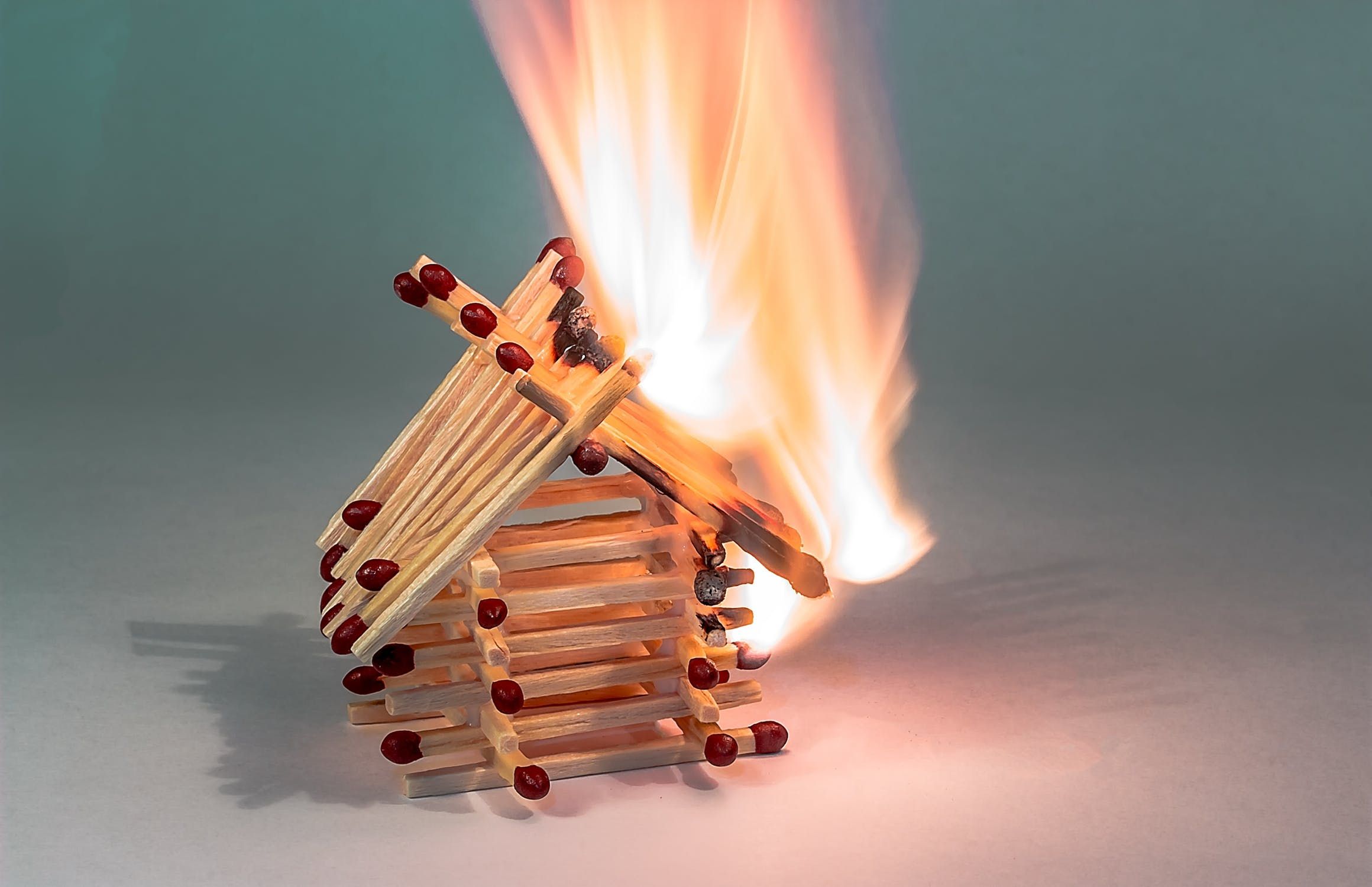As providers of fire alarm systems in London,we're very knowledgeable in fire prevention and early warning systems, however unfortunately nothing in life is 100% guaranteed, so it's important to be prepared and know what to do should the worst happen.
Fires In London
The London Fire Brigade is one of the largest fire fighting and rescue organisations in the world and the busiest in the country. Dealing with a total of 105,964 incidents last year, 19,656 of which were fires.[source data.london.gov.uk]
Preparing For The Worst
To say fire can cause significant damage is an understatement. The devastation that fire can cause is often too great for words, so it's important to be prepared with afire plan so that you can respond appropriately in event of a fire. However,can you truly prepare for the worst? What should you do in the event of a fire?


